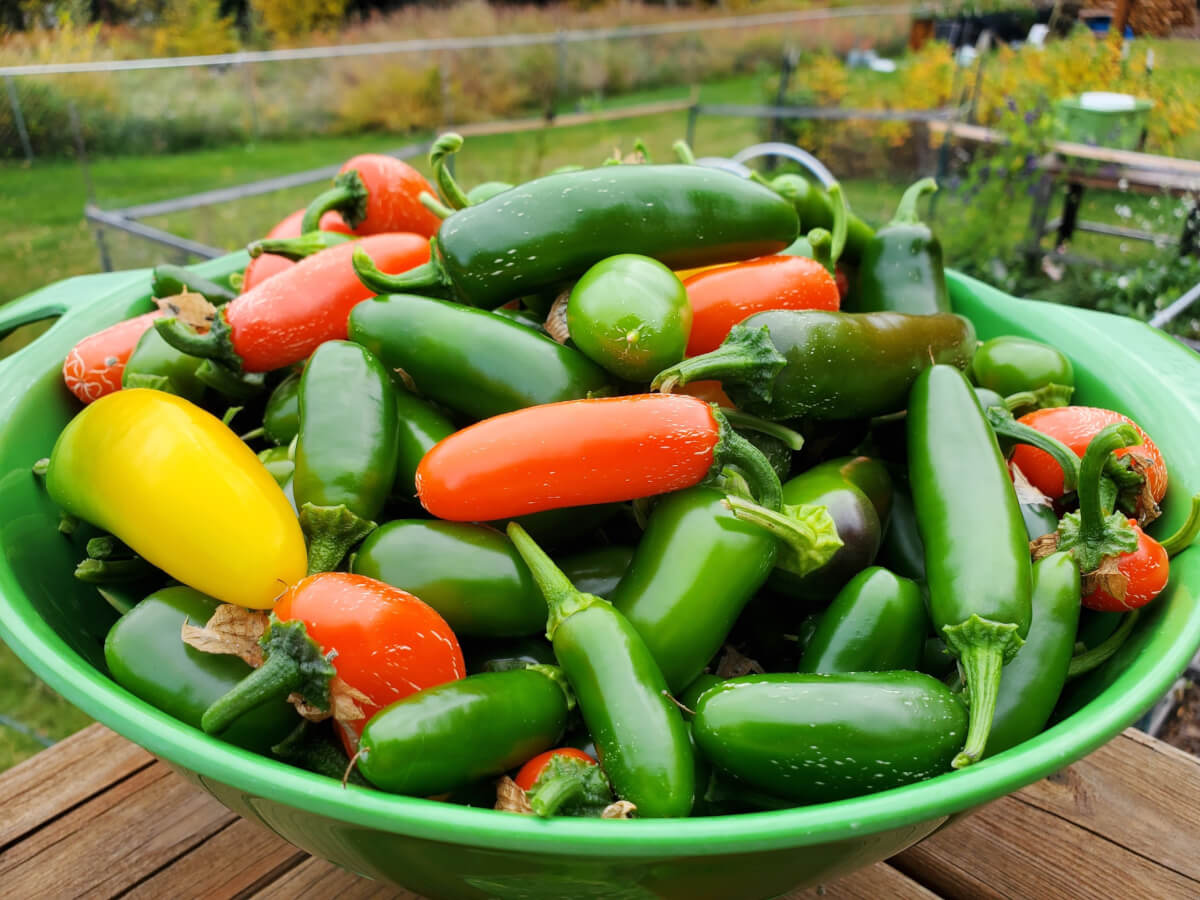Discover the Best Fertilizers for Peppers and Enhance Your Yard's Yield
Discover the Best Fertilizers for Peppers and Enhance Your Yard's Yield
Blog Article
Organic Vs. Synthetic Fertilizers: Which Is Best for Supporting Healthy And Balanced Pepper Plants?
In the world of supporting healthy and balanced pepper plants, the option in between artificial and organic plant foods stands as a critical decision with far-ranging implications. While both alternatives objective to give essential nutrients to sustain plant growth, the subtleties of their effect on the dirt, plant health, and the setting spark an argument that mirrors throughout the gardening area. Comprehending the distinct advantages and prospective pitfalls of each fertilizer type is vital for pepper farmers seeking to optimize their returns while keeping a sustainable and eco-conscious approach.
Advantages of Organic Plant Foods
Organic fertilizers use a sustainable and environmentally-friendly approach to nourishing pepper plants, offering necessary nutrients without the usage of artificial chemicals. These all-natural fertilizers are stemmed from natural resources such as garden compost, manure, bone dish, and seaweed, advertising soil health and wellness and biodiversity. Unlike artificial plant foods, organic choices release nutrients slowly, making sure a stable and well balanced supply for pepper plants to prosper.
One significant advantage of organic fertilizers is their capability to improve soil structure and water retention. By improving soil health, natural plant foods advertise useful microbial task, which aids in nutrient uptake by pepper plants. Furthermore, natural fertilizers decrease the risk of chemical run-off, shielding water resources from contamination and protecting the setting.
Additionally, organic fertilizers add to long-term soil fertility by promoting the development of advantageous soil microorganisms. These organisms assist damage down raw material, releasing nutrients in a form that is easily available to pepper plants. best fertilizers for peppers. By fostering a healthy and balanced dirt environment, organic plant foods sustain lasting pepper growing techniques that profit both plants and the setting
Drawbacks of Artificial Fertilizers
Artificial fertilizers, in comparison to their organic counterparts, position different negative aspects when used to nourish pepper plants, influencing both plant health and environmental sustainability. One significant disadvantage of artificial fertilizers is their propensity to seep nutrients from the dirt rapidly.
Moreover, the overuse of synthetic fertilizers can add to water contamination. Excess plant foods not soaked up by plants can clean away right into water bodies, resulting in eutrophication, where algae flowers deplete oxygen degrees in the water, damaging aquatic life. Synthetic fertilizers are usually obtained from non-renewable sources, such as fossil gas, adding to carbon emissions and environmental degradation during their production.
Nutrient Absorption Comparison
When contrasting organic and artificial plant foods in terms of nutrient absorption, natural plant foods have the benefit of providing a much more balanced and slow-release resource of nutrients. Organic plant foods contain a selection of macro and micronutrients that are not only valuable for the plants however additionally promote healthy dirt microbial task, which aids in nutrient uptake.
Additionally, organic fertilizers boost soil framework and water retention ability, enabling pepper plants to accessibility nutrients a lot more successfully. This better dirt high quality assists in root growth, making it possible for better nutrient absorption. additional info Synthetic fertilizers, although at first enhancing plant growth as a result of their high nutrient concentrations, might hinder lasting nutrient absorption by derogatory dirt health and wellness in time.
Environmental Effect Considerations

On the various other hand, synthetic fertilizers, although often more promptly readily available and concentrated to plants, can have destructive results on the atmosphere otherwise applied properly (best fertilizers for peppers). Their manufacturing needs high energy inputs, causing greenhouse gas emissions and adding to environment change. In addition, the drainage of excess artificial plant foods can pollute Visit This Link water sources, bring about eutrophication and hurting marine ecological communities.
Best Plant Food Practices for Peppers
To accomplish this, it is important to adhere to finest plant food methods tailored to the certain requirements of pepper plants. One vital method is to execute a dirt examination before using any type of fertilizers.
An additional essential practice is to fertilize pepper plants at the correct time. Usually, peppers gain from getting plant food at planting and after that once again when they begin to flower. Over-fertilizing can bring about vitamins and mineral discrepancies and hurt the plants, so it is vital to adhere to suggested application prices.
Additionally, picking a balanced fertilizer with an NPK proportion that fits pepper plants' requirements is basic. Organic fertilizers, such as garden compost or manure, can be superb options as they release nutrients slowly and boost dirt framework with time. However, artificial plant foods can offer a fast nutrient boost when needed. Ultimately, integrating natural and artificial fertilizers deliberately can aid support healthy pepper plants while lessening ecological effect.
Conclusion

Organic fertilizers use an environmentally-friendly and sustainable technique to beneficial pepper plants, offering necessary nutrients without the usage of artificial chemicals. Unlike synthetic plant foods, natural options release nutrients slowly, ensuring a well balanced and consistent supply for pepper plants to grow.
Artificial fertilizers, in contrast to their organic counterparts, present numerous disadvantages when made use of to nurture pepper plants, affecting both plant health and ecological sustainability. When comparing artificial and organic plant foods in terms of nutrient get redirected here absorption, organic plant foods have the advantage of supplying an extra balanced and slow-release resource of nutrients.Moreover, natural plant foods boost dirt framework and water retention capability, enabling pepper plants to access nutrients more efficiently.
Report this page